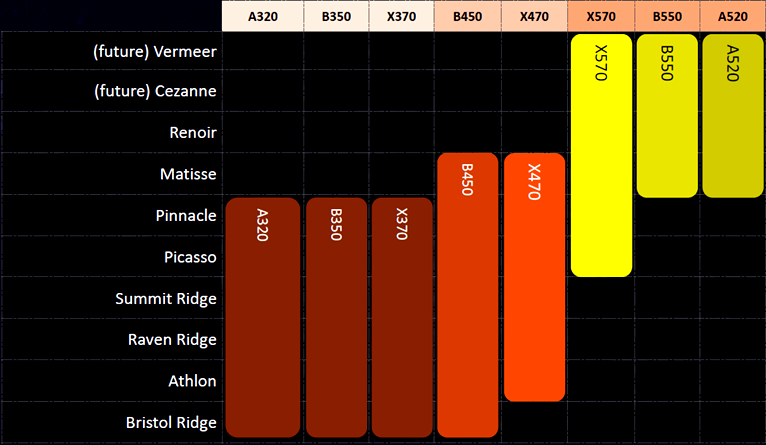Caporegime
- Joined
- 9 Nov 2009
- Posts
- 25,672
- Location
- Planet Earth
It looks like Asus isn't supporting Zen3 or Renoir on any of its 400 series motherboards:
https://videocardz.com/newz/asus-confirms-a520-motherboards-to-support-cezanne-ryzen-5000g-apus

If that is the case this is the last time I will ever buy or recommend an Asus motherboard. They charge a premium and then don't support their motherboards.
https://videocardz.com/newz/asus-confirms-a520-motherboards-to-support-cezanne-ryzen-5000g-apus

If that is the case this is the last time I will ever buy or recommend an Asus motherboard. They charge a premium and then don't support their motherboards.
Last edited:



